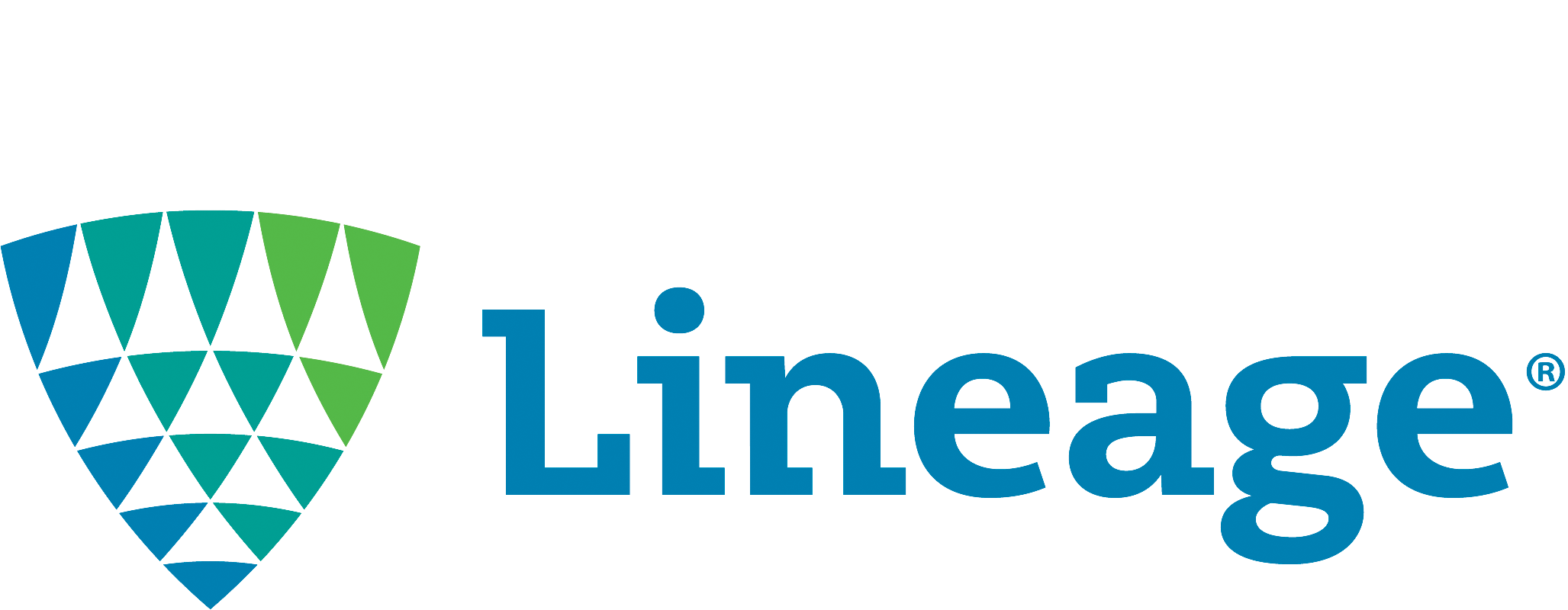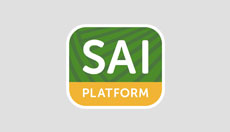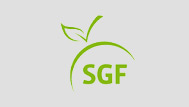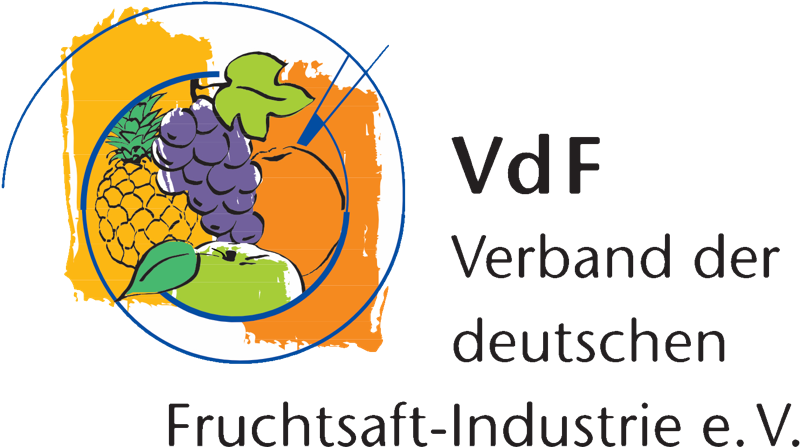EU climate-neutral by 2050
The EU aims to be climate-neutral by 2050 – an economy with net-zero greenhouse gas emissions. This objective is at the heart of the European Green Deal and in line with the EU’s commitment to global climate action under the Paris Agreement. Additionally EU has already some of the world’s highest sustainability standards, developed over decades. This momentum is even further increasing and many regulations related to sustainability are being reviewed, renewed, and further developed.
This overarching European strategy encompasses different action plans of which the Farm To Fork is one of the most important ones to transition to a sustainable European Union (EU) food system that safeguards food security and ensures access to healthy diets sourced from a healthy planet. The F2F strategy is comprehensive, encompassing all stages of the food system and putting consumers and producers in the center. As EU agriculture currently represents 10.3% of EU Green House Gases (GHG), the F2F Strategy is crucial to deliver the EU Green Deal. It is crucial that farmers, the food industry, retailers, and every other actor in the food chain, work together for sustainable foods.
The strategy has 27 concrete actions to transform the EU’s food system by 2030, including:
- a reduction by 50% of the use and risk of pesticides
- a reduction by at least 20% of the use of fertilizers – including animal manure
- a reduction by 50% in sales of antimicrobials used for farmed animals and aquaculture
- reaching 25% of agricultural land under organic farming, of which the current level is 8%
- Having a mandatory harmonized EU Front of Pack Labelling (FOPL) in 2 years.
- To develop a European sustainable food labeling framework (Eco-scoring)
It is critically important for the juice industry to be aware of the existing and upcoming regulations, to understand the impact, and to have a common, holistic plan to proactively address these requirements to be ahead of the curve, minimize the cost implications and maximize the opportunities coming out of this. The Juice CSR platform can play a critical role in helping to disseminate the information and to allow the Juice industry and its partners to identify and address those topics that can not be solved individually or horizontally but require many or all members of the value chain to work together (eg carbon neutrality).
AIJN has started the project to establish an overview of the recent EU regulations regarding sustainability and carbon neutrality for the juice industry in Europe. This leading to an assessment of the implications of these existing and upcoming regulations for the Juice Industry for the next few decades (up to 2050). A juice industry roadmap towards carbon neutrality by 2050 could be an end-goal of such an exercise allowing the European Juice industry to illustrate towards the EU commission its commitment to support the EU commission in its goals on sustainability and carbon neutrality.
 Want to get involved?
Want to get involved?











































